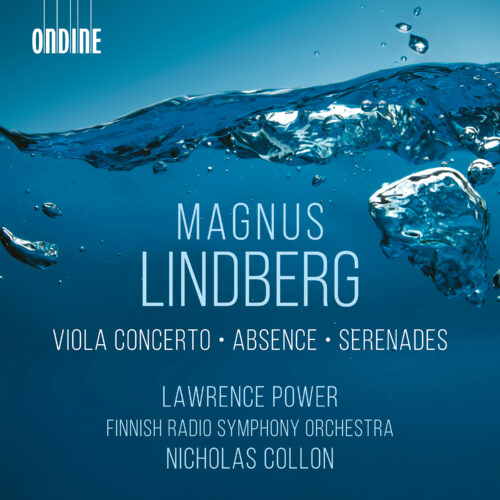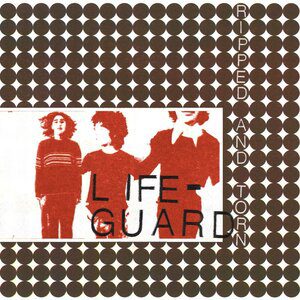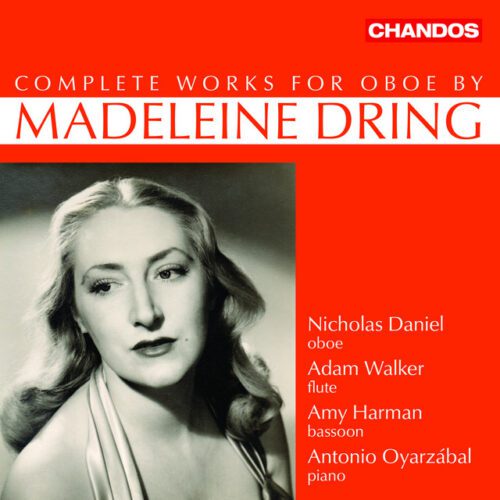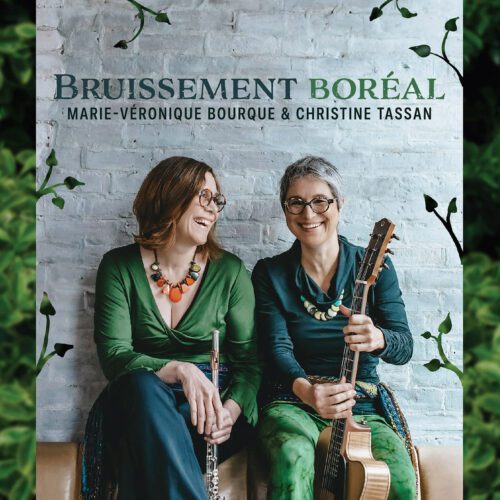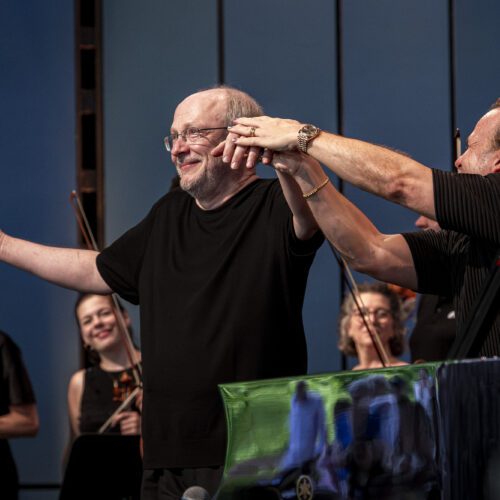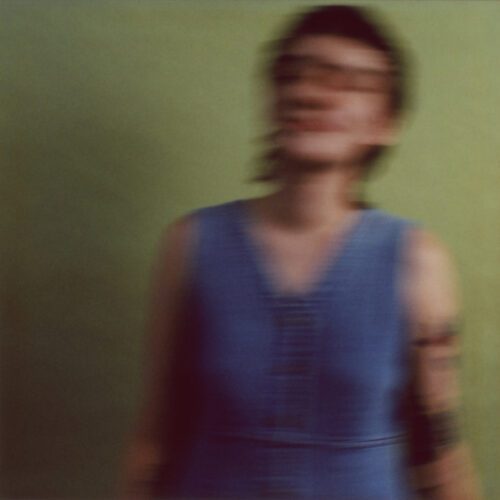The new Lindberg (that of the last 10-15 years) continues to stimulate the imagination and intelligence of music lovers. This Lindberg, whose expressive palette has substantially softened in comparison with the hard, steel-cold modernism of his early works (think of the extraordinary, but pitiless, Aura or Kraft), offers here three magnificent scores bathed in light and abounding like an explosion of floral colors. First, a Concerto for viola, the first of its kind for this composer, who already has two for violin, two for cello and three for piano. Lindberg constructs his harmonic edifice in pentatonic groups, and the work’s narrative in a palette of musical characters exchanged by the protagonists (viola and orchestra), rather than having the two fight each other. These characters chase each other in a flourishing whirlwind towards a clarified resolution. Written for a Mozartean orchestra, the work has a particularly pleasing lightness. Lawrence Foster fully masters the composer’s twirling lines, adding his own airy quality to the score. The Finnish orchestra conducted by Nicholas Collon offers a lacy, scintillating and extremely refined accompaniment. A real treat.
Two symphonic poems complete the program on this album. Absence and Serenades come from the same recently softened pen of the Finnish composer, which in no way detracts from the still dense character of his writing. The softer sonorities serve, in fact, to make an equally rigorous, complex and demanding discourse more accessible. Take Absence, an interweaving of references, transformations and reflections on the work’s “hidden” subject: Beethoven. There are quotations from Piano Sonata No. 26 ”Les Adieux” (another absence), and harmonic motifs associated with Symphonies Nos. 2 and 9. Lindberg was also inspired by the conversation notes Beethoven used at the end of his life to communicate (now completely deaf). Metaphorically, the absence here is that of the ability to communicate naturally, a striking contradiction in the case of an artist, all this in a beautiful musical canvas.
Then, Serenades was commissioned by the Chicago Orchestra, an unusual request considering the history of serenades through the ages, a form associated with slow and/or nocturnal music, whereas Lindberg is used to writing agitated, often violent music. In the end, the Serenades the composer wrote are “rather wild”… Yes, but in the context of a savagery partially tamed in recent years, the score revealed in magnificent orchestral splendor is archly seductive.
One could hardly hope for better in terms of musical quality and interpretation. Magnus Lindberg remains one of the great artists of our time.
